Bublr Bikes Releases Equity Report, Pledges to Make Bike Share System Accessible to All Milwaukeeans
In releasing the report, Bublr Bikes announced several steps it has already taken and key recommendations for future actions.
Milwaukee (July 8, 2015) – As part of its commitment to making biking share accessible to all Milwaukeeans, Bublr Bikes issued a report Wednesday that will guide its efforts to remove barriers to use based on income levels and neighborhood.
In releasing the report, Bublr Bikes announced several steps it has already taken and key recommendations for future actions.
Nancy Ketchman of Bottlewood Communications, who conducted the independent study for Bublr, found that the most effective way to create an equitable bike share system is to place stations in low-income neighborhoods (LINs).
“Most systems have historically started out in more affluent neighborhoods, mostly to ‘make money,’ with expansion into LINs an important, but secondary goal,” Ketchman wrote in the report. “Bublr Bikes has an opportunity to become a leader in equity by reversing this typical expansion strategy.”
Based on the report’s findings, Bublr has already implemented several important programming changes to help improve community access, including:
- New single-ride pricing, offering the lowest cost of entry of any bike share system in the country.
- A training program to provide employment opportunities for Milwaukee youth through a partnership with the Boys & Girls Club.
- Addition of Spanish-user instructions at Bublr stations.
- Development of additional Spanish-language content on its website.
The report also identifies six additional key “action items”:
- Develop and maintain a year-round community outreach program and presence.
- Partner with residents and stakeholders in LINs to collaboratively identify, implement, and evaluate community-driven recommendations for station location, pricing and promotion.
- Offer subsidized and discounted passes.
- Offer alternatives to credit and debit cards for passes through bank partnerships or employer/housing authority/nonprofit organization sponsorships.
- Provide easy (in-person) or over the phone membership registration.
- Place maintenance facilities and/or commit to hiring certain percentage of staff from LINs.
“The Bublr Bikes board of directors and staff are committed to implementing key action items to create a bike share system enjoyed by our very diverse community,” Bublr Board Member Juli Kaufmann said. “We see this report as a good first step. We ask you to hold us accountable and help us achieve our mission of a bike share system for all.”
Since late 2014, Bublr Bikes, a Milwaukee-based not-for-profit, has launched 11 bike share stations in and around Milwaukee’s downtown. The Bublr Bikes system is a public-private partnership between the City of Milwaukee and Bublr Bikes, with additional support from many other public and private partners.
Another 20 stations and nearly 200 more bikes will be added to the Bublr Bikes system in 2015. In the coming years, the system plans to expand to over 100 stations and 1,000 Bublr Bikes in the Milwaukee area.
Bike share programs already operate in dozens of U.S. cities, including Chicago, Denver, Des Moines, Houston, Cincinnati, Indianapolis, Madison, Minneapolis, New York City and Omaha.
The full report also can be downloaded at:
http://bublrbikes.com/wp-content/uploads/2015/07/150701.BublrBikesForAll.pdf
The executive summary is available at:
http://bublrbikes.com/wp-content/uploads/2015/07/150701.BublrBikesForAllExecSum.pdf
Information on using Bublr Bikes is available at BublrBikes.com. Bublr Bikes is on social media at: http://facebook.com/BublrBikes and https://twitter.com/BublrBikes.
NOTE: This press release was submitted to Urban Milwaukee and was not written by an Urban Milwaukee writer. While it is believed to be reliable, Urban Milwaukee does not guarantee its accuracy or completeness.

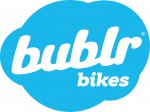
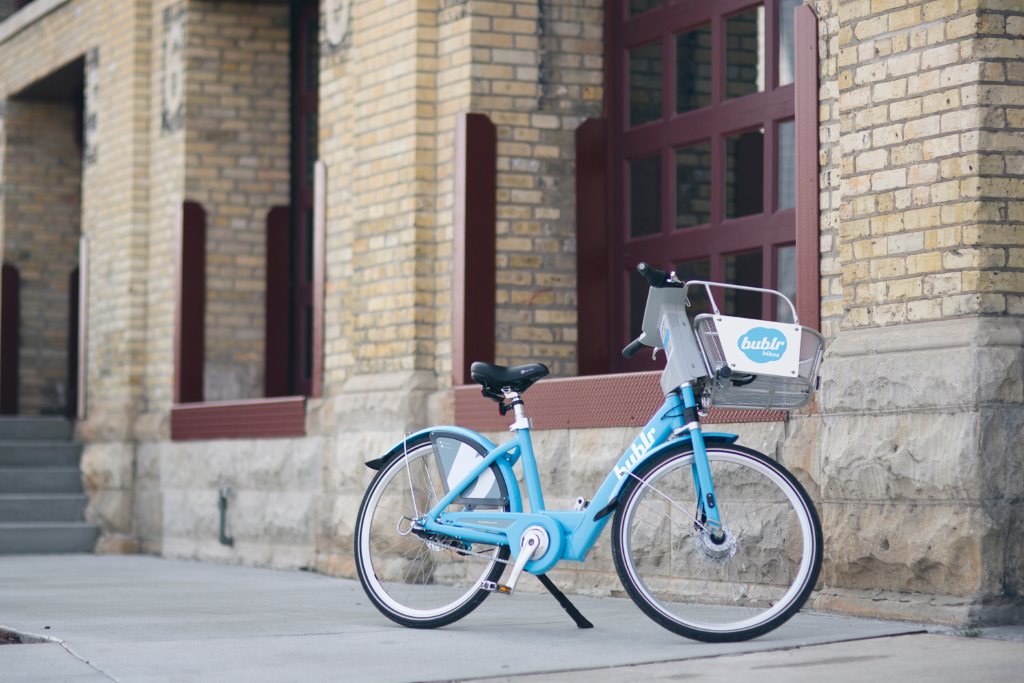
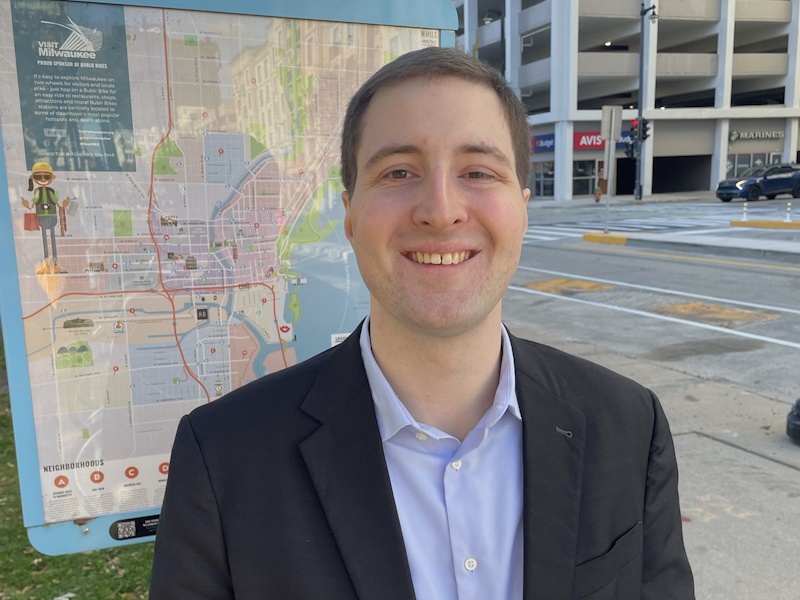
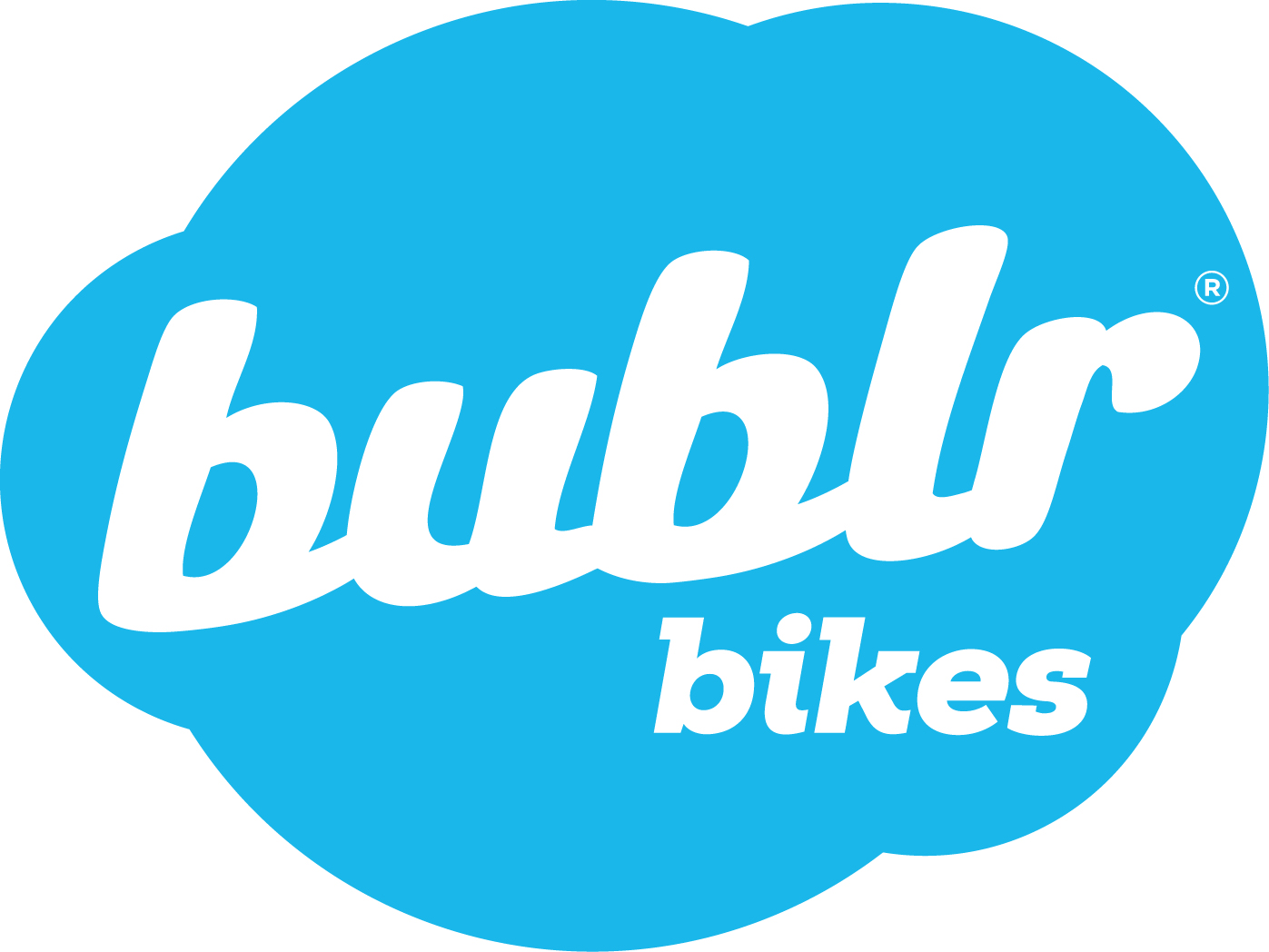
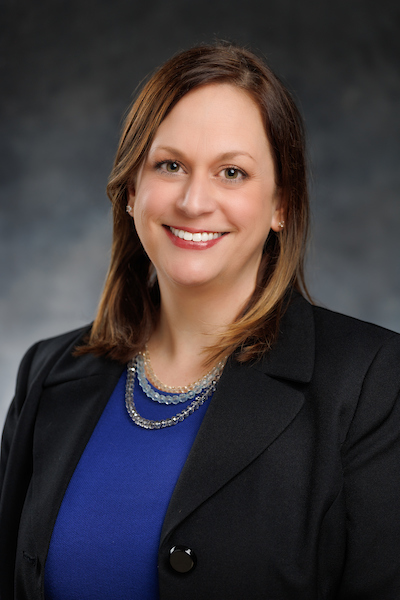




















Breaking: Independent study says to get low income individuals to participate in bike sharing system, install bike sharing system in their neighborhoods. Coming up next: food, you should eat some on occasion or you’ll die.
I appreciate good snark and sarcasm PMD. I’d also be interested in more thoughtful responses to the detailed analysis contained in the report. A press release can only highlight the very topline information. Your analogy would be stronger if you noted that – in low income neighborhoods – residents need access to grocery stores in order to eat healthy food. That is an apt comparison. It has been well-documented that many poor neighborhoods are in what have been defined as “food deserts” making access to food extremely difficult. Much in the same way, transportation systems can be distributed in ways that also create “transportation deserts”. There are many barriers to bike access – both real and perceived. While we need to focus on all of these obstacles, providing stations is fundamentally critical. That may seem obvious, but sometimes the obvious needs to be stated while also recognizing that siting stations is a complex process. We also recognize that simply placing stations is insufficient. There are many other barriers to ridership – for all kinds of people for all kinds of reasons. Building an equitable transportation system for all of Milwaukee will take lots of funding, a range of strategies, and really good listening and communication skills. I’m committed to that sort of conversation and to doing what I can personally to realize this vision.
Wow I didn’t think that comment would lead to a serious lecture on food and transportation deserts. I like and support bike sharing systems Juli. I just found that portion of the press release amusing since it’s so clearly stating the obvious. I wouldn’t think an independent study would be needed to draw that conclusion.
It is sort of amusing I suppose, but also a serious point we take to heart. No lecture intended. I’m far from an expert. Just a friendly comment in reply. There are actually lots of reasons why bikeshare systems get used or don’t get used. Those reasons can be different in different places, while some things are the same everywhere. There are lots of ways to figure out barriers to access, but we started by asking Milwaukeeans from all over the City to provide feedback to ensure we did not make the wrong assumptions. Onward bikeshare compatriot.
The money spent on one monthly pass is more than enough to buy a decent bike at a rummage sale or a Goodwill store. By buying a good used bike the low income user, or anyone else would not have to worry about these time restrictions and save money along the way. Once again, how much tax money is going to be spent on this, or is Bublr footing the bill.